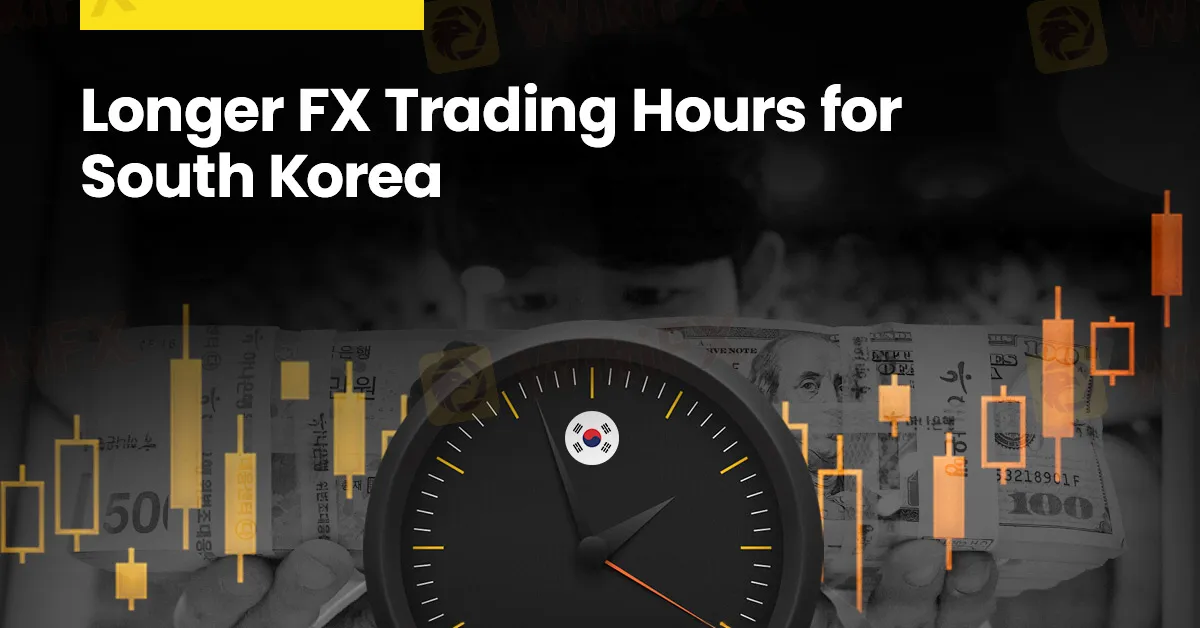Abstract:Currently, trading for the Korean won is active for only 6.5 hours each day. However, this is about to change dramatically, with plans to extend the official trading session to 17 hours.

South Korea, a nation boasting well-established financial markets, has historically maintained limited operating hours for its foreign exchange (FX) market. Currently, trading for the Korean won is confined to a mere 6.5 hours per day. However, a significant shift is imminent, with plans to extend the official trading session to 17 hours.
This move signifies a broader deregulation effort within the currency market, aiming to modernize accessibility and propel market growth, according to Yonhap News Agency. Presently, South Korea's FX market operates for a relatively brief seven hours, falling short of most global stock exchange durations. The proposed changes will significantly extend trading hours to 17 hours, concluding at 2:00 AM the following day.

To ensure a smooth transition, if implemented as anticipated in July, South Korea has conducted eight meticulous test runs involving 27 institutions. These participants encompass both domestic FX players and registered foreign institutions (RFIs). The focus of these trials has been on meticulously evaluating transaction efficiency and liquidity within both spot and swap markets.
The primary objective driving this deregulation initiative is to attract a greater influx of foreign capital. By extending trading hours, the won will now be tradable until 5:00 PM London time and 12:00 PM New York time, significantly enhancing accessibility for foreign investors. Initial steps to bolster foreign investment within the local market commenced last year, with regulatory changes implemented in October 2023. These adjustments eliminated barriers that previously restricted participation to solely local financial institutions and foreign entities with established branches in South Korea.
The intention to introduce extended trading hours for the local FX market, particularly for the Korean won, was first announced in February 2024. This initiative reflects South Korea's unwavering commitment to fortifying its financial markets and cultivating a more attractive environment for global investors.
Furthermore, South Korea recently joined a global project involving central banks and commercial lenders from seven countries. This collaborative effort, spearheaded by the Bank for International Settlements (BIS), explores the potential of tokenization for cross-border payments. This participation underscores South Korea's dedication to developing a central bank digital currency (CBDC) and advancing the frontiers of digital finance.
In essence, the extension of FX market hours in South Korea represents a pivotal step in the nation's financial market evolution. This strategic move is anticipated to bolster foreign investment and further integrate South Korea within the global financial ecosystem.











